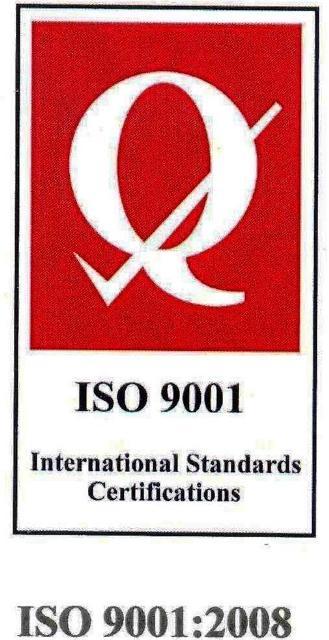
|
 |
|||||||||||||||||
|
||||||||||||||||||
| CONFERENCE GENESIS |
|
Tecnia Institute of Advanced Studies, Madhuban Chowk, Rohini (Delhi) and Satija Research Foundation for Library and Information Science (SRFLIS) are jointly holding an International Conference on the topic “Content to Connectivity- Paradigm Shift in Knowledge Innovation, Information Representation, Information Management Systems and Librarianship’. The conference is being organized to bring together and provide a platform to Management, Information Technology, Library Information Sciences and Media Professionals, academicians, students and research scholars to present, discuss and exchange their experiences and expertise on the current issues pertaining to the theme of the conference. Prelude • Information:- Information- as a concept has been considered and contrasted extensively with such terms as data, knowledge, and wisdom. On the other hand, the words information, text, and document are often used interchangeably in the field. No matter which format a piece of information may take, it needs to be rep- resented before it can be retrieved. Information representation includes the extraction of some elements (e.g., keywords or phrases) from a document or the assignment of terms (e.g., descriptors or subject headings) to a document so that its essence can be characterized and presented. • Information Representation:- Information Representation-can be done via any combination of the following means: abstracting, indexing, categorization, summarization, and extraction. Information processing and information management, though having different meanings, are often regarded as synonyms of information representation. While information processing refers to how information is handled for retrieval purposes, information management deals with the full range of activities associated with information, from information selection to information preservation. • Knowledge and innovation:- Knowledge and innovation are inseparable from each other since they drive economies around the world. Knowledge producers and users endeavor to leverage the ideas, technologies, know-how and expertise on which their competitiveness depends. In simple terms, innovation is the application and transmission of knowledge from research to development and application. Now sharing knowledge through collaborative innovation has become increasingly important. • Information Management System:- Information Management
System (IMS) is a general term for software designed to facilitate
the storage, organization and retrieval of information. It
is a database and transaction management system that was first
introduced by IBM in 1968. Since then, IMS has gone through
many changes in adapting to new programming tools and environments. |